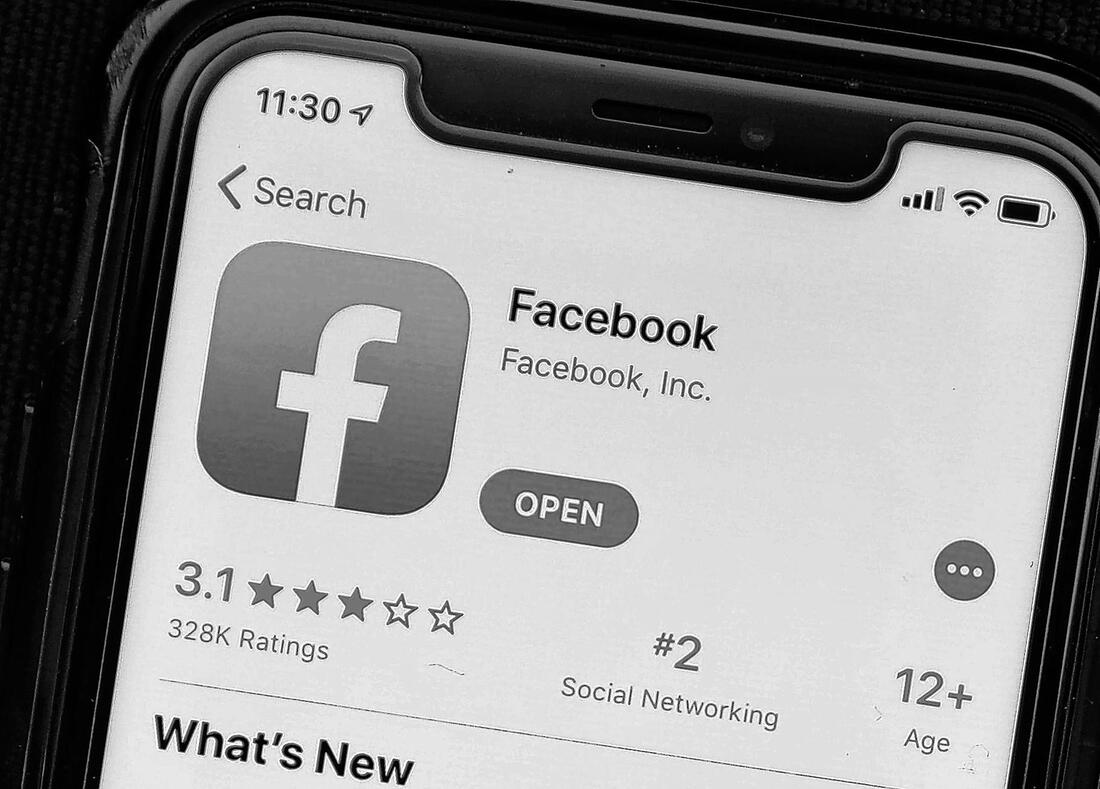“Don’t assume that a request on social media is legitimate, or that hyperlinks are accurate just because a friend posted it.” alert by the Federal Trade Commission
Just imagine scrolling Facebook one day and making the shocking discovery that your brother has cancer. He never mentioned a thing to you. But now he’s posting requests for donations to cover his medical costs? And this is how you find out? The sister picked up the phone and called her brother. Unfortunately, others just donated on the spot, no questions asked.
The thing is, the Troy, Mich., man isn’t battling cancer. But a scammer who set up the phony fundraiser had already accumulated $1,785 out of a $4,500 goal by the time the man discovered the fraud, according to a report with the Troy Police Department.
The man who reported the incident at the station told police Sept. 26 that he later learned that someone had gained access to his Facebook account, changed the password and set up an online fundraising campaign so the crooks could get money.
Sgt. Jason Clark, a spokesperson for the Troy Police Department, said Facebook unfortunately does not offer customer service via phone or provide anyone the opportunity to speak with someone.
“It is very difficult for a victim to recover a hacked account,” he said. “We have reviewed past reports where victims make a hacked-account claim with Facebook and the page is deleted within 30 days,” Clark said. The consumer then must create a completely new Facebook account. Consumers are advised to review their security user names and passwords on all social media and check their privacy setting. And, yes, alert friends and family when you spot something odd.
Amy Nofziger, AARP director of fraud victim support, said those who have been hacked need to contact the social media company where an account is being misrepresented or hacked and contact the local Police Department to make a report.
“Nothing gets the attention of some of these social media companies like a police report,” she said.
By filing a police report, she said, the victim also has proof in hand to say that a fraud was reported just in case someone accuses the victim of starting the fake fundraiser.
Nofziger said she hears of Facebook scams every single day.
It’s best to directly go to the person who appears to be needing money, perhaps to cover medical bills, and express your concern. Ask what you can do to help that person. If they say they don’t know what you are talking about, Nofziger said, you can inform your friend or family member that there’s a scammer out there.
Nofziger said if they are asked to give gift cards or send money via bitcoin, for example, such payment forms can be signs of a scam.
Never give a stranger your bank account number and routing number. Don’t let anyone rush you into contributing money because that’s another sign of a scam. “Don’t assume that a request on social media is legitimate, or that hyperlinks are accurate just because a friend posted it,” according to an alert by the Federal Trade Commission.
Facebook did not respond to questions from the Detroit Free Press about the situation in Troy or its policies. Facebook lists a form online on “How to report a personal fundraiser fraud on Facebook” and it offers a way online to “Report a suspicious fundraiser.”
Facebook also warns consumers about a form of donation scams where the con artists impersonate “famous religious figures, or by accounts pretending to be representatives from various charities or orphanages.”
We have all heard of romance scams, lottery scams and inheritance scams where crooks play with your emotions to make you think you have found the love of your life or hit the jackpot.
But impersonating your brother Joe to get dough? And making you fear that he’s in a battle for his life? This, friends, hits a new low even among slimy scammers.
Early in the pandemic, many scammers would play up COVID-19 concerns, said Alex Hamerstone, director of advisory solutions for Cleveland-based TrustedSec.
Many of us, of course, are all too eager to help, especially when it comes to a beloved family member or friend. Yet, making an extra call can save you a great deal of heartache and money.
Tompor is the personal finance columnist for the Detroit Free Press.



 RSS Feed
RSS Feed